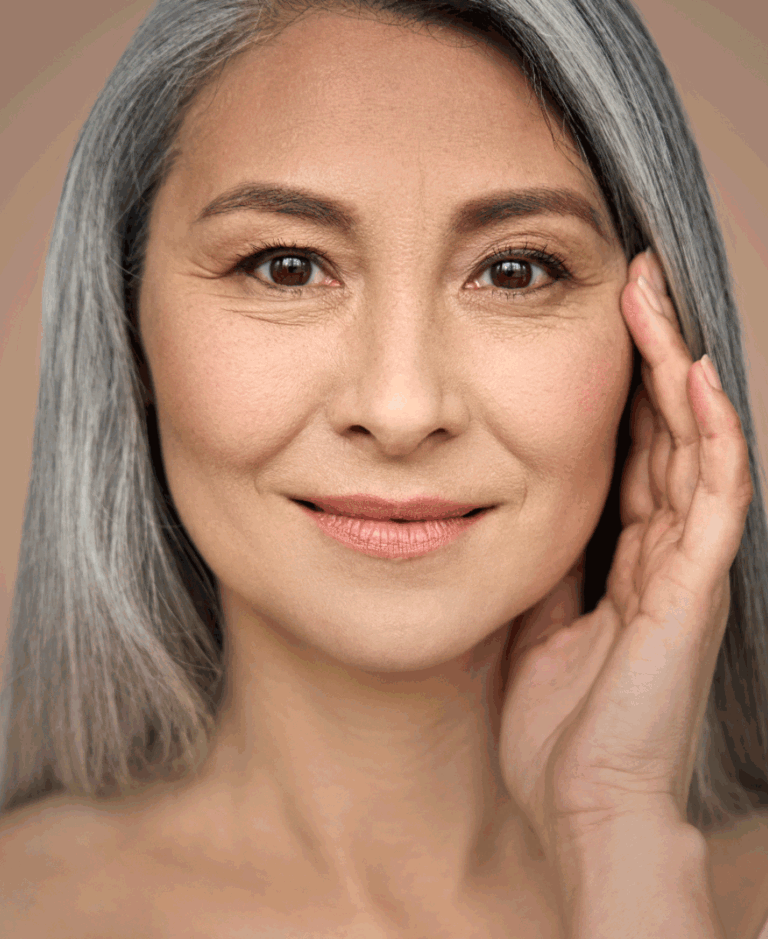
How to Deal with Menopause Symptoms Effectively?

How to Deal with Menopause Symptoms Effectively?
Menopause is a life stage that people with uterus typically experience between the ages of 45 and 55, as a natural episode resulting from the passage of time. When the time comes, hormonal changes begin to appear, and menstruation gradually disappears. However, when these symptoms occur before the age of 40, it is known as early menopause or premature ovarian failure. It can affect 5 to 10% of women and is confirmed through measurement of hormone levels: Follicle-Stimulating hormone (FSH), estrogen and Anti-Müllerian hormone (AMH).
Early menopause can occur due to a genetic factor, where more members in the patient’s family have experienced this condition. It can also be caused by autoimmune diseases, metabolic disorders, tobacco consumption, and surgeries, especially those in which the ovaries and/or uterus are removed.
Symptoms
For some women, the only symptom present is lighter or irregular menstrual periods or the definitive cessation of menstruation, making pregnancy no longer possible. Other women may present the same symptoms that are associated with normal menopause such as weight gain, hot flashes, night sweats. Some people can also experience anxiety, depression, mood swings, decreased sexual desire, vaginal dryness, pain during sexual intercourse, incontinence, among others. These symptoms can affect a woman’s quality of life therefore, it is recommended to regularly visit a health care professional in order to follow the proper treatment.
The most common treatment for women with menopause, whether early or not, is Hormone Replacement Therapy, which improves menopause symptoms and helps in the prevention of diseases related to the lack of estrogen such as osteoporosis, vaginal atrophy, coronary artery disease, depression, anxiety, and even others that are still being studied, such as Parkinson’s and dementia.
Not to Worry … It Can Be Managed!
- Make an appointment with the health provider for personalized care
- Adopt a healthy lifestyle by engaging in physical activity and balanced nutrition with the right amount of protein, fiber, iron, and calcium.
- Avoid alcohol and tobacco consumption as they can worsen symptoms.
- Establish habits to achieve proper rest. Set schedules for physical activity, meals, and sleep.
At AWC, we specialize in hormonal treatments, including those related to menopause. Book an appointment with us for comprehensive care, which also includes guidance on adopting a healthy lifestyle to ensure a fulfilling and well-balanced life.




